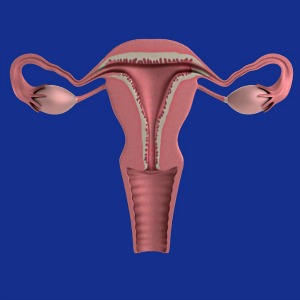Some years ago, a surgery like this may not have even been conceivable, but the first uterus transplant in the U.S. has been successfully completed at the Cleveland hospital.
A 26-year-old woman underwent a nine-hour surgery toward the end of February and she is in stable condition, the New York Times reports. No further details have been released about this patient, but she provides a beacon of hope for countless women.
This surgery is a life changing advancement for women who are born without a uterus or women who had theirs removed under different circumstances.
There are about 50,000 U.S. women who are considered to be transplant uterus candidates.
Having this surgery available means they may be able to become pregnant and have children.
The way the procedure works is surgeons must remove a uterus and the small uterine vessels from a female organ donor who recently died.
The uterus can survive for up to eight hours if it’s kept cold.
The surgeon then connects the uterus to the recipients vagina and the uterine vessels are directed to the large blood vessels inside the pelvis.
The recipient then must wait one year for the uterus to heal and she must take anti-rejection drugs to prevent organ rejection. At this point, the patient can receive in vitro fertilization, which is what she will need to become pregnant.
Before the uterine transplant, the 26-year-old patient some of her eggs surgically removed and fertilized with her husband’s sperm.
The embryos, which are currently frozen, will be implanted in the patient once her uterus is healed.
However, the uterus transplant is temporary and will be removed after the recipient has had babies.
While this was the first uterus transplant in the U.S., this wasn’t the first one in the world.
Nine women in Sweden underwent this procedure and the New York Time reports that at least four of them conceived and delivered healthy babies.
The Cleveland Clinic said in a statement that the uterus came from a deceased organ donor. The woman who received the transplant will likely have to take anti-rejection medication for a long time to ensure the procedure is a success.
The hospital says it is continuing to screen possible transplant candidates.

